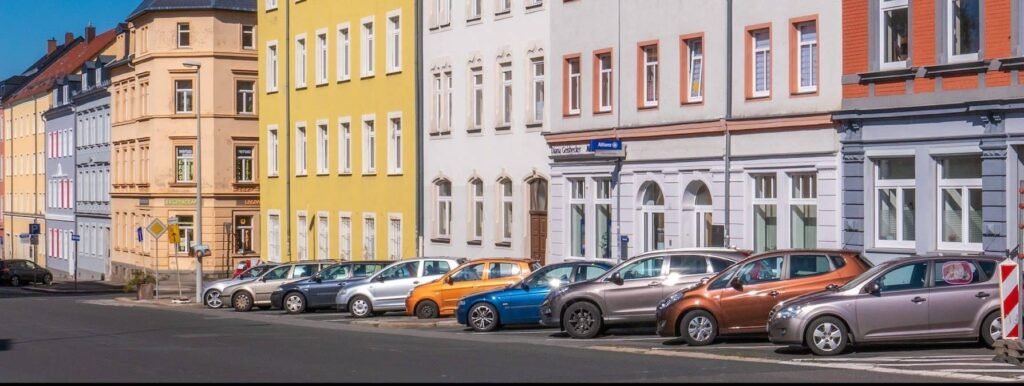Many reasons have surfaced following the decision of the Lagos Parking Authority to start collecting N130,000 tax on car slots or spaces outside and around your residence.
The Lagos State Parking Authority in charge of the operations, has already started issuing notices to homeowners and office complexes with private parking spaces.
The actual tax is N80,000 for a designated parking space, while the ‘processing fee’ to be paid costs N50,000 and makes the total sum of N130,000, remittable yearly.
The tricky part about the payment is if the compound or office environment has more than one parking slot, say 3, the owner will pay N240,000 plus the non-refundable N50,000 processing fee, totalling N290,000.
Lagos parking authorities themed the official letter “Parking Permit and Demand Notice” which many individuals and establishments have received.

Why Lagos Parking Authority Introduced Setback Parking Laws
- As contained in the Notice, the parking agency’s reason for introducing the levy is to fulfil the administration’s policy framework, which aims to move Lagos State toward a 21st-century economy.
- Also, align the agenda of the agency’s theme with transportation as the key objective in the state.
- To raise tax for the state government and ensure the management of all Off-Street parking.
Other similar points why the state government decided to enforce this law, according to @godizenmonsta, “The system is in the UK. They use plate number recognition systems and CCTV + parking enforcers + motoring meters. We are nowhere close to that.”
@MoshoodAluko said if Nigerians put sentiments apart, they’d understand that parking slots identified in a business district and close to the road give the Government every right for tax collection. That’s the standard global practice in working societies.
Lastly, @maclamin tweeted that the Lagos state parking authority law is currently being challenged in court, hinting that fee collection falls under the purview of the local council.
“The question is; has the govt unified fees thugs collect at different bus stops and even streets in line with modern societies?” He asked.

